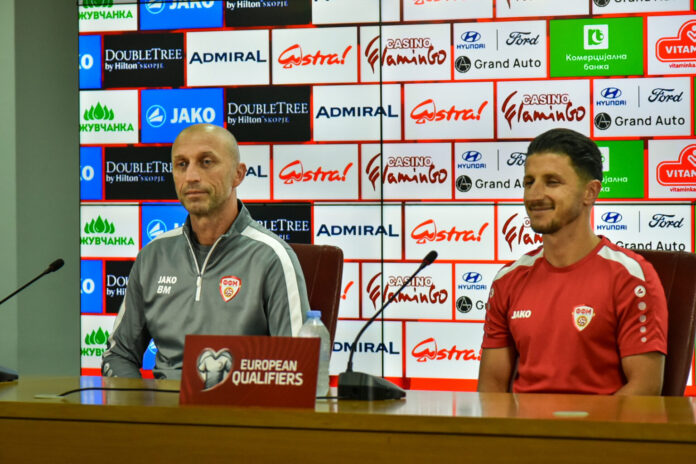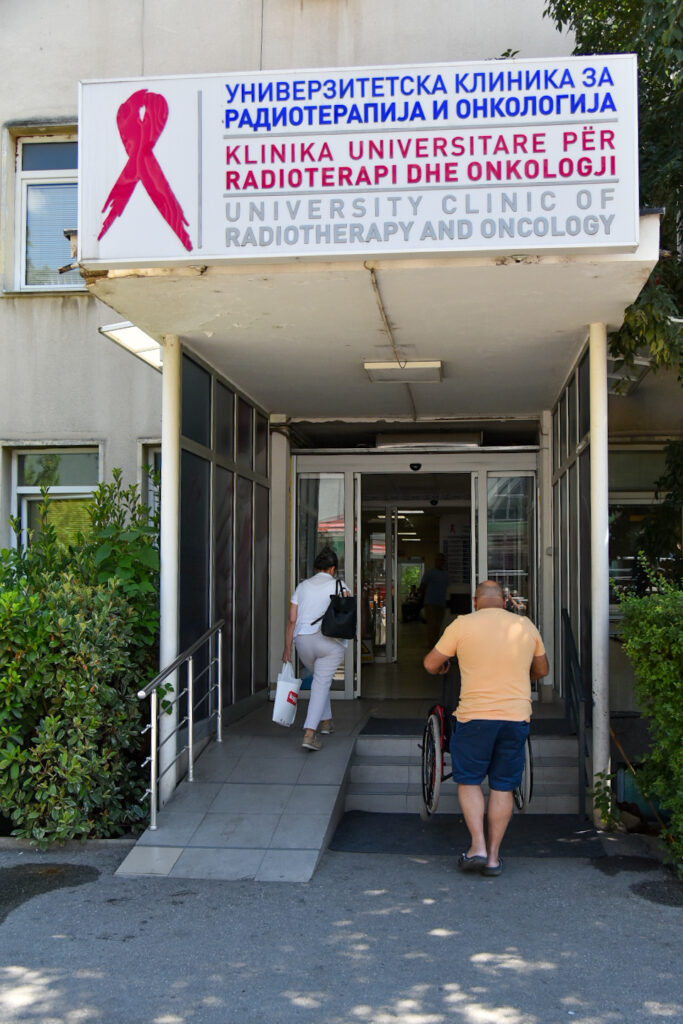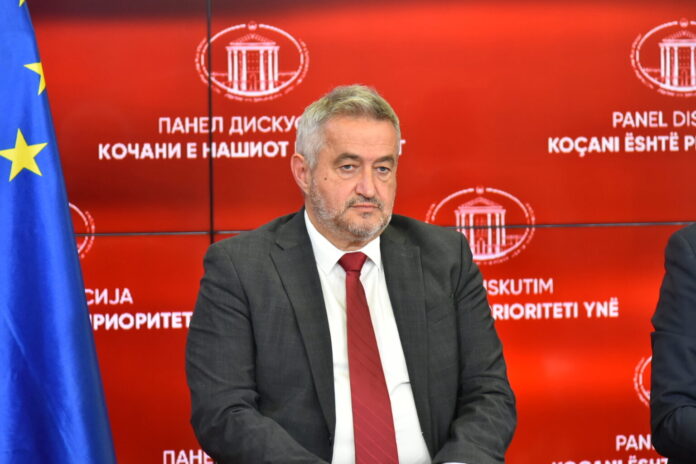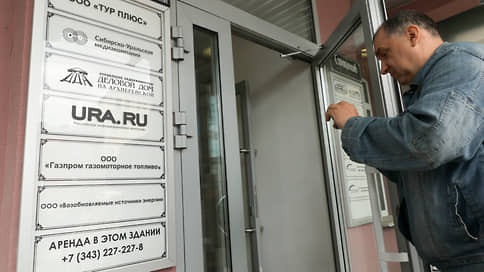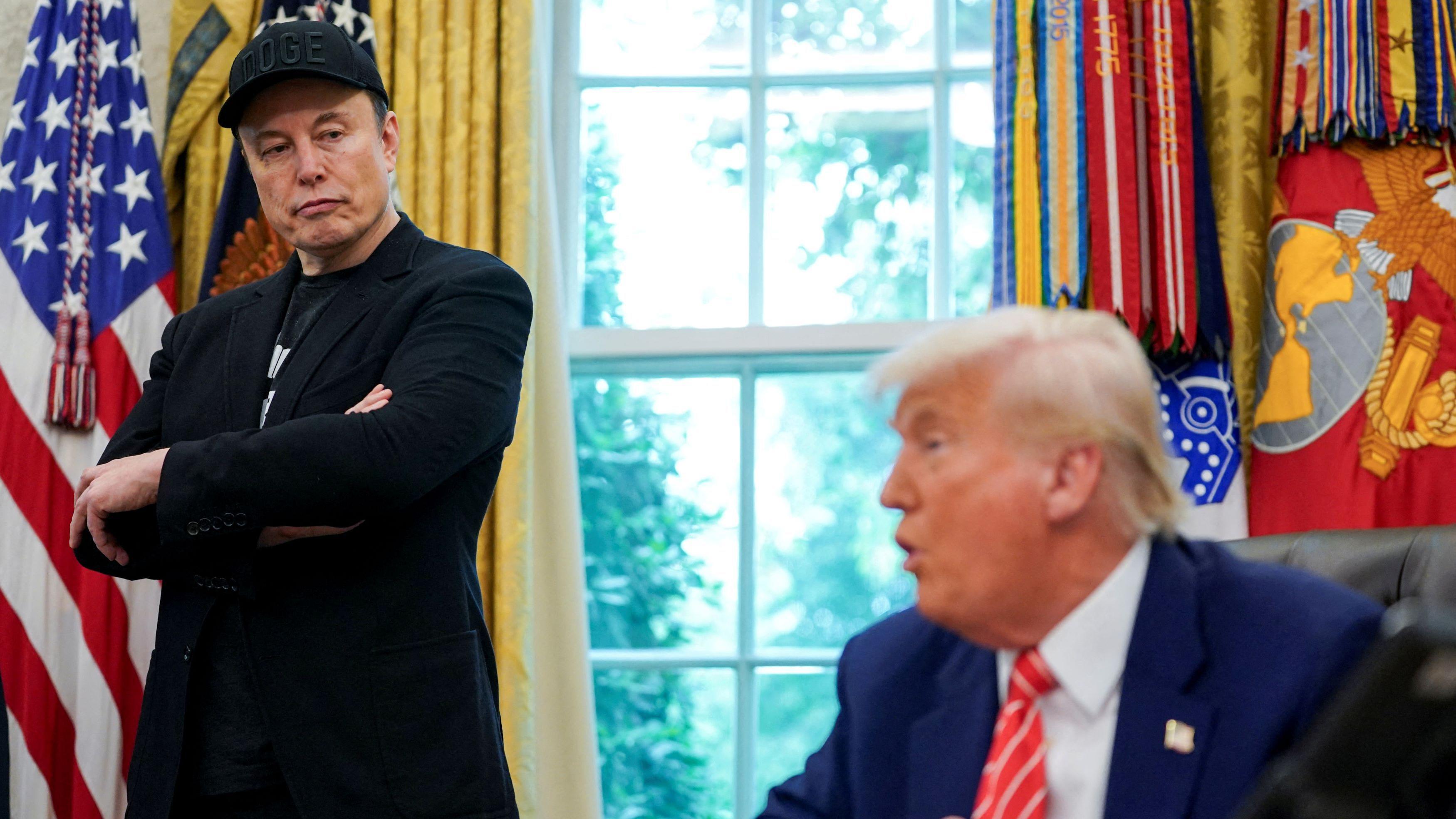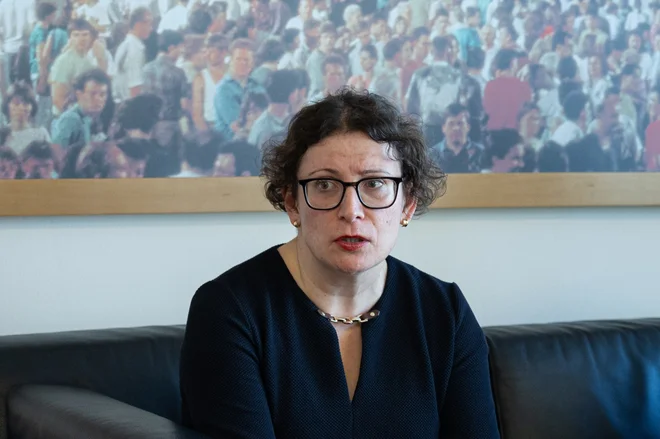It is clear that the world has entered a very turbulent phase, we are almost nowhere safe, said Siljanovska-Davkova after the Akaba process in Sofia
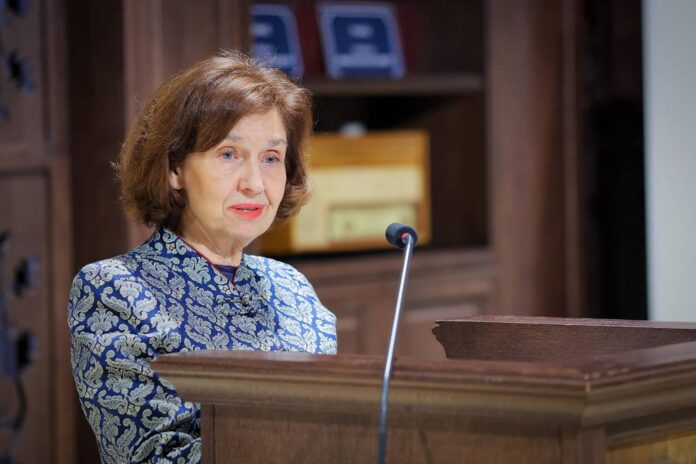
The messages are both similar and different, depending on the ambience and the region, but it is clear that the world has entered a very turbulent phase, that freedom can hardly be achieved in security threats, we are almost nowhere safe, said President Gordana Siljanovska-Davkova, after a meeting of States’ heads.
According to MIA rapporteur from Sofia, the visit is being held at the invitation of the President of the Republic of Bulgaria, Rumen Radev and the King of the Jordan Kingdom of Jordan, Abdullah II.
Siljanovska Davkova described the initiative as a « remarkable step », pointing out that in the Akaba case the process was concentrated on security in the region and the shared opinion and views were that, as early as « the breakup of Yugoslavia, there were radical, extreme individuals, and even groups.
-The reasons are more, the reasons, among other things, in the root in the fact that the so -called. Failed states and failed states, states in which people cannot secure a decent life and collect all their lives in a bag and go to the unknown. They go through the Balkans and Europe – said Siljanovska Davkova.
According to Siljanovska Davkova, water problems are yet to arise, with food, and they will deepen, and therefore, as she said, joint action is needed, as the problem is that sometimes or always, the mechanisms used by extremists, radicals, terrorists, and sometimes more co -states.
– I described the situation in our region. They are both similar and different. When I say different I think about the fact that we have many returnees in the Balkans from the battlefields. Some of them are imbued with ISIL ideology, it is something that needs to be carefully treated, but when organized, here’s how here, then you have a spiritual conform, that we are together, we will continue. Here, there is no division – said Siljanovska Davkova.
Such processes of radicalization, extremism, terrorism, according to Siljanovska Davkova, are equally dangerous and we need to fight everyone, as selective justice is dangerous.
-What I have pointed out is that we have responded legally because participation in foreign armies, paramilitary formations and the like is sanctioned. Then the organs that deal with this were created. Information is exchanged, but most importantly. It was, my final word, that sometimes we misuse the word fundamentalism and only bind it to Islam. In fact, that the absence of respect for fundamental values present in every religion leads to such phenomena and such processes and that we need to measure words, we need to unite activities and that if we teach young people from primary school that in all religions, those values for peace, for help, and for help, and for help, It is important for different groups to work together and live together. The parallel worlds create and deepen differences and emphasize prejudices. When we live together we see that we are very similar – said Siljanovska Davkova.
The Macedonian President also spoke at the first session of the meeting titled « Identifying and Understanding the Threat ».
The Akaba Process Forum for the Balkans 3 is a continuation of previous meetings on the subject, held within the initiative – in 2016 in Akaba, Jordan and in 2018 in Tirana, Albania.
The purpose of the forum in Sofia is Southeast European leaders, together with representatives of governments, institutions and partners of the Akaba Process, to analyze security architecture in the Balkans, to discuss regional information exchange mechanisms, and to coordinate efforts in the fight.
The Akaba process is a series of international meetings initiated by King Abdullah II in 2015. Their goal is to maintain international and regional coordination and cooperation in the fight against terrorism, extremist ideologies and radicalization through a comprehensive approach. To encourage open dialogue between participants in the AKABA process meetings, discussions are held in an informal setting.

